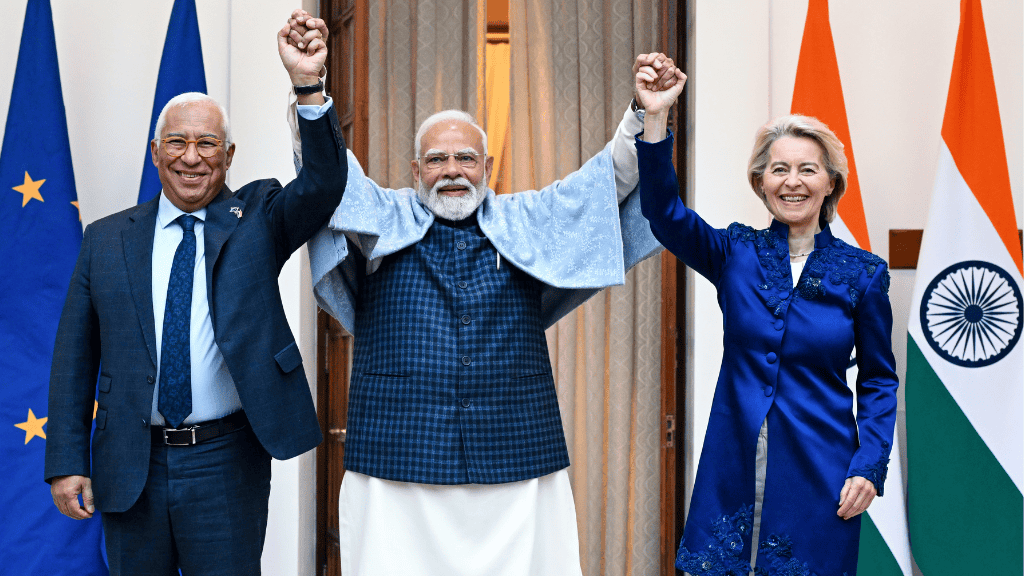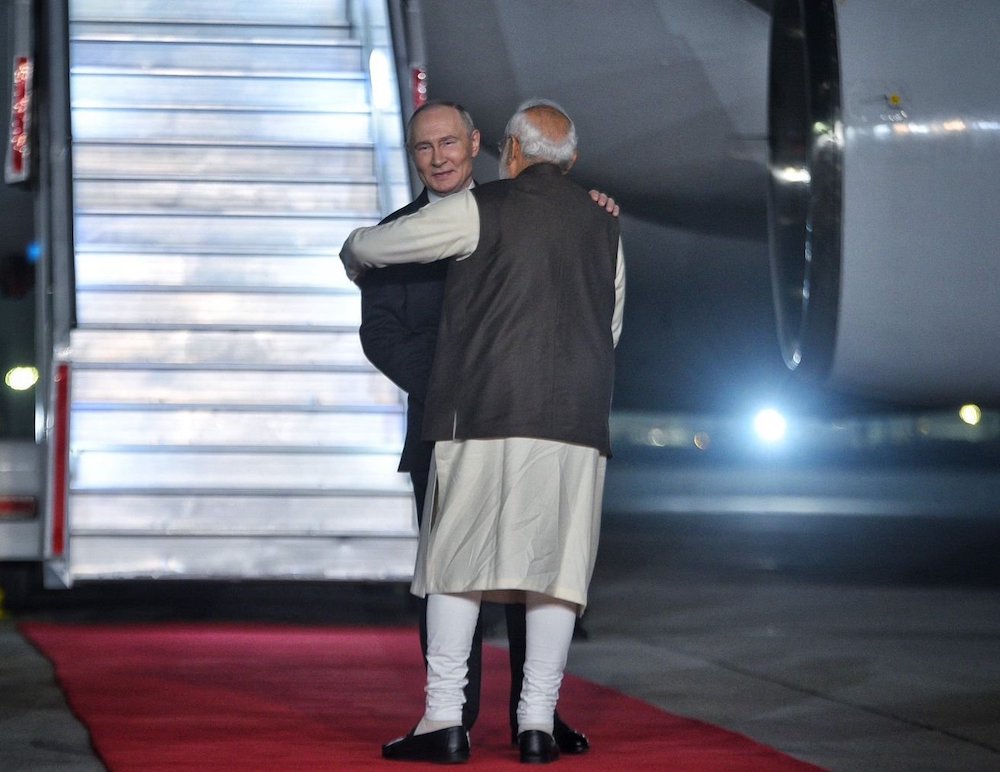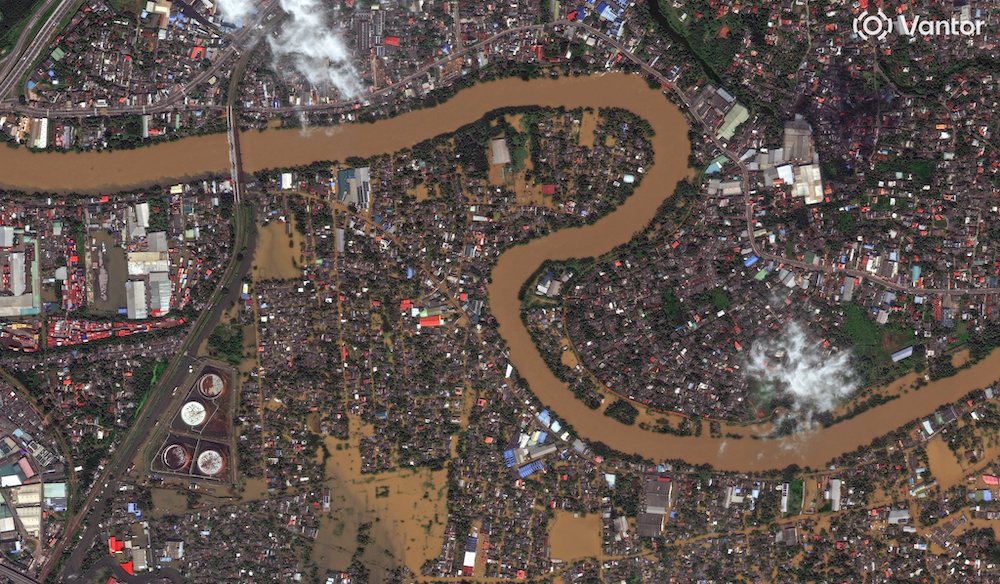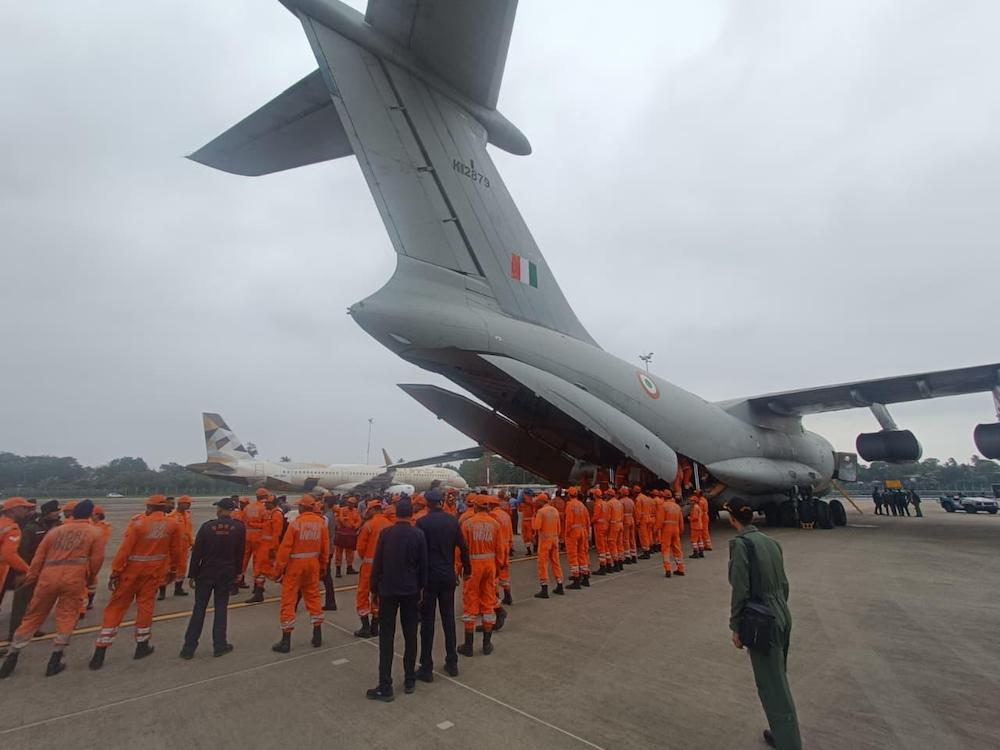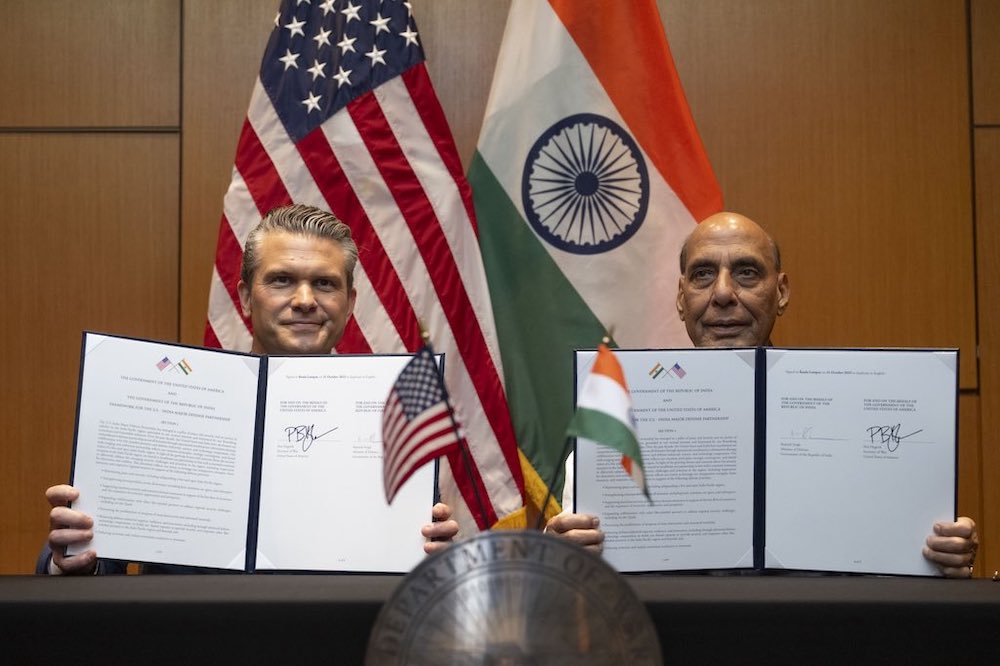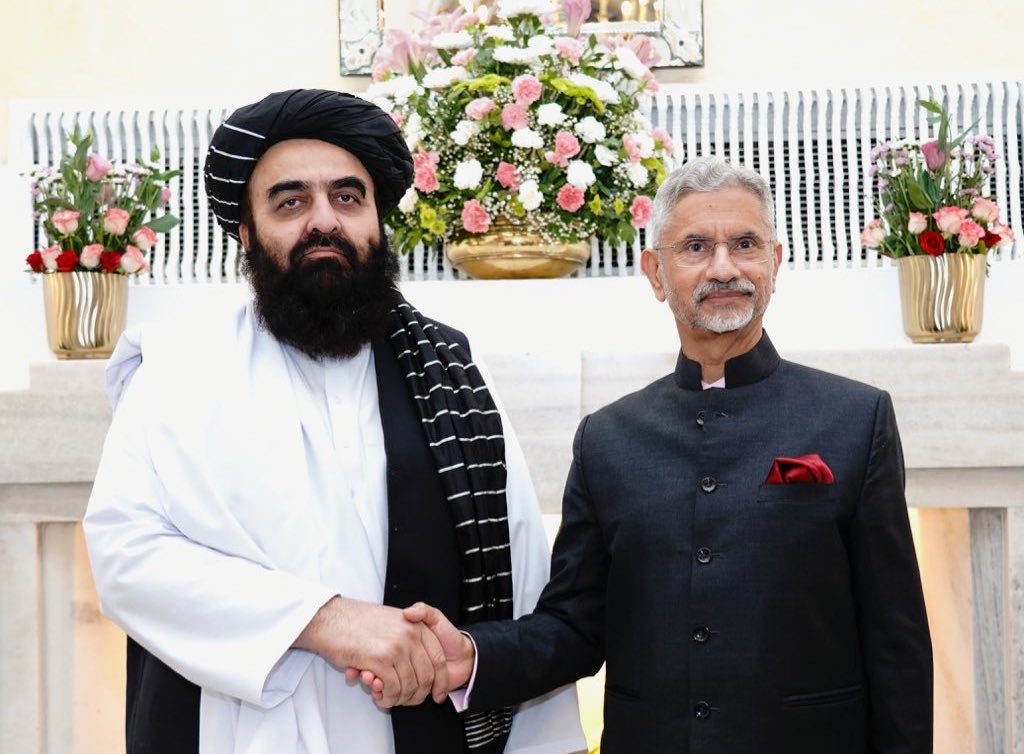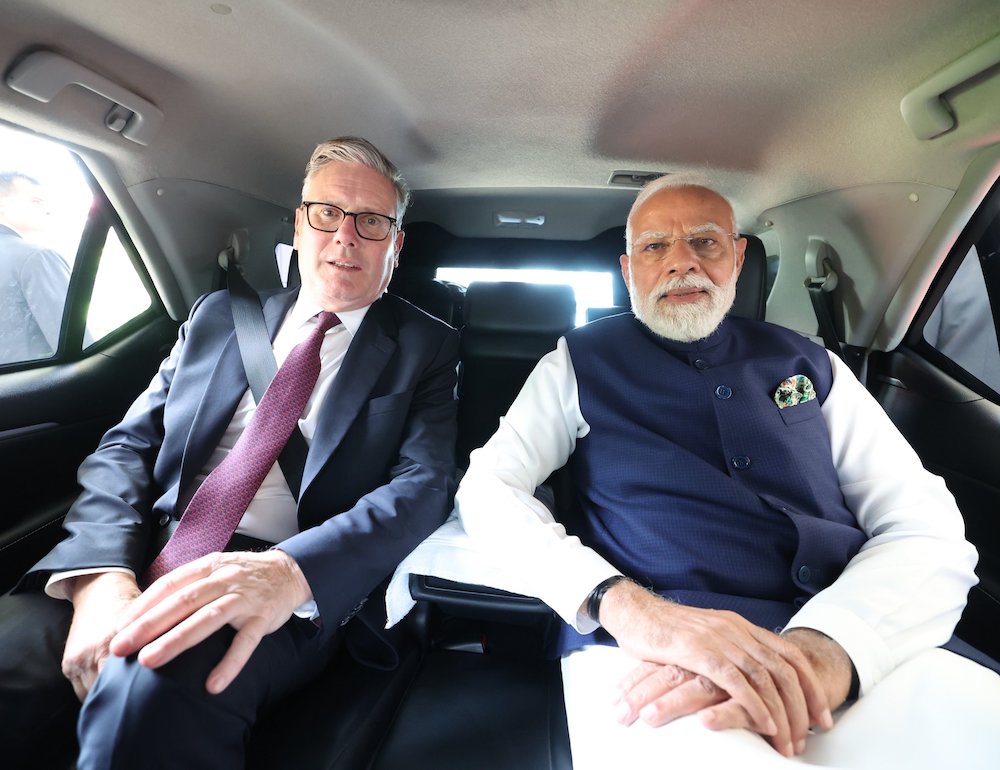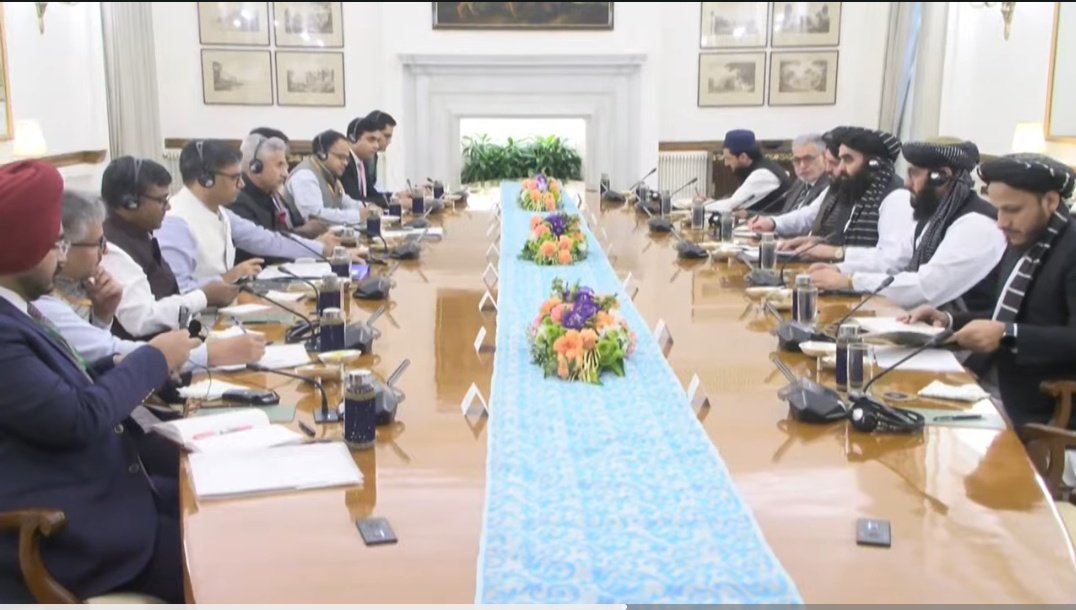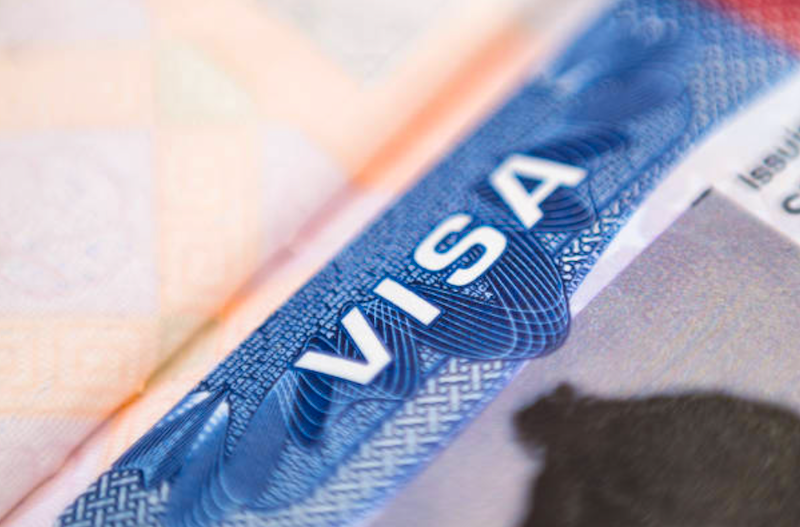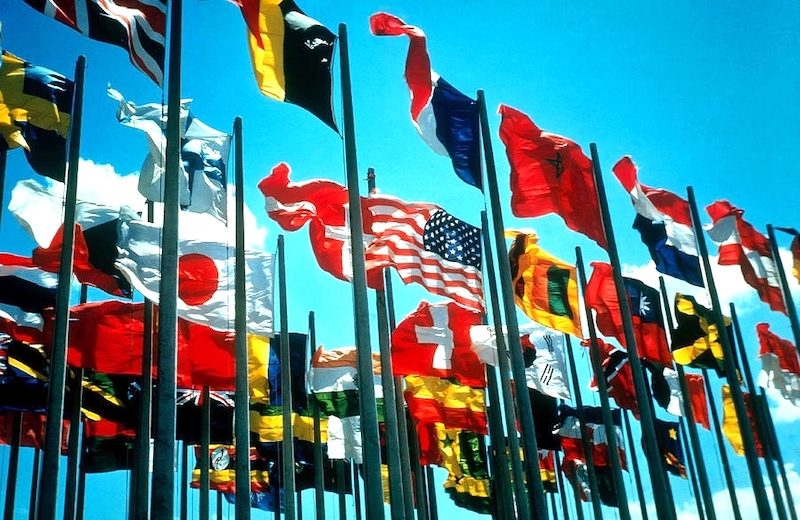 Operation Sindoor evoked mixed reaction from the global community.
Operation Sindoor evoked mixed reaction from the global community.
New Delhi: Operation Sindoor, India’s precision strikes against terrorist infrastructure in Pakistan and Pakistan-occupied Kashmir (PoK) on the intervening night of May 6 and 7, has elicited varied responses from the international community. The operation, launched in response to the Pahalgam terror attack, targeted nine terror sites and was described by India as “focused, measured, and non-escalatory.”
World leaders and countries have expressed diverse viewpoints, reflecting their geopolitical interests and diplomatic priorities.
Read also: Op Sindoor – India united against terror. Who said what?
Major Powers’ Responses
United States
The US president, Donald Trump, acknowledged the operation with measured remarks: “I guess people knew something was going to happen based on a little bit of the past. They’ve been fighting for many, many decades. And centuries, actually, if you think about it. I hope it ends very quickly.”
The country’s secretary of state, Marco Rubio, stated, “I am monitoring the situation between India and Pakistan closely. I echo President Trump’s comments earlier today that this hopefully ends quickly and will continue to engage both Indian and Pakistani leadership towards a peaceful resolution.”
Russia
The Russian foreign ministry expressed “deep concern” over the escalating military confrontation between India and Pakistan, emphasizing that “diplomatic channels must be utilized to prevent further escalation.”
The country’s foreign ministry spokeswoman, Maria Zakharova, urged both India and Pakistan to exercise restraint to prevent any further deterioration of the situation in the region.
China
The Chinese foreign ministry called India’s strikes “regrettable” and urged both nations to “exercise restraint and avoid actions that could destabilize the region.” During a media briefing, the Chinese foreign ministry spokesman, Lin Jian, said “China finds India’s military operation early this morning regrettable.”
However, he also said, “China opposes all forms of terrorism. We urge both sides to act in the larger interest of peace and stability, remain calm, exercise restraint, and refrain from taking actions that may further complicate the situation.”
Britain
The UK government acknowledged India’s justification for the strikes but urged “both sides to engage in diplomatic dialogue to prevent further escalation.” Talking to BBC, the UK trade secretary, Jonathan Reynolds, said his country is ready to support both India and Pakistan to de-escalate tensions.
He said, “Our message would be that we are a friend, a partner to both countries. We stand ready to support both countries. Both have a huge interest in regional stability, in dialogue, in de-escalation and anything we can do to support that, we are here and willing to do.”
Strategic Partners’ Positions
Israel
Israel’s ambassador to India, Reuven Azar, expressed strong support for India’s actions, stating, “Israel supports India’s right for self-defence. Terrorists should know there’s no place to hide from their heinous crimes against the innocent.”
Japan
The Japanese foreign minister, Takeshi Iwaya, expressed “deep concern” over the developments, warning that they “could lead to further reprisals and escalate into a full-scale military conflict.”
United Arab Emirates (UAE)
The deputy prime minister and foreign minister, Abdullah bin Zayed Al Nahyan, urged both India and Pakistan to “exercise restraint, de-escalate tensions, and avoid further escalation that could threaten regional and international peace.”
Other International Reactions
Turkey
The Turkish president, Recep Tayyip Erdoğan, called for “immediate de-escalation” and emphasized that “regional peace must be prioritized over military actions.”
Qatar
The Qatari prime minister, Sheikh Mohammed bin Abdulrahman bin Jassim Al-Thani, conveyed Qatar’s “deep concern” over the situation and called for dialogue and peaceful resolution between India and Pakistan.
Spain
The foreign minister, José Manuel Albares, reached out to both Indian and Pakistani counterparts, stating, “Peace, diplomacy, and restraint must prevail.”
Afghanistan (Taliban Administration)
The Taliban administration in Kabul stated that “further escalation was not in the interest of the region” and urged both nations to resolve their issues through diplomacy.
Diplomatic Implications
The global response to Operation Sindoor highlights the complex dynamics of international relations in South Asia. While some nations have supported India’s right to self-defence against terrorism, others have prioritized regional stability by calling for restraint and dialogue.
The disparate reactions reflect not only each country’s bilateral relations with India and Pakistan but also broader strategic interests in the region. As tensions remain elevated, diplomatic efforts continue to prevent further escalation while addressing the underlying issue of cross-border terrorism.
India has maintained that its operation was specifically targeted at terrorist infrastructure and was conducted with precision to minimize collateral damage. The country’s diplomatic missions worldwide have been actively engaging with host governments to present India’s perspective on the necessity of the action to protect its citizens from terrorist threats.
The international community’s response will play a crucial role in shaping the aftermath of Operation Sindoor, influencing both immediate de-escalation efforts and long-term counterterrorism strategies in South Asia.

